Dietary Fiber for Constipation: Whats the best and how much do you need?
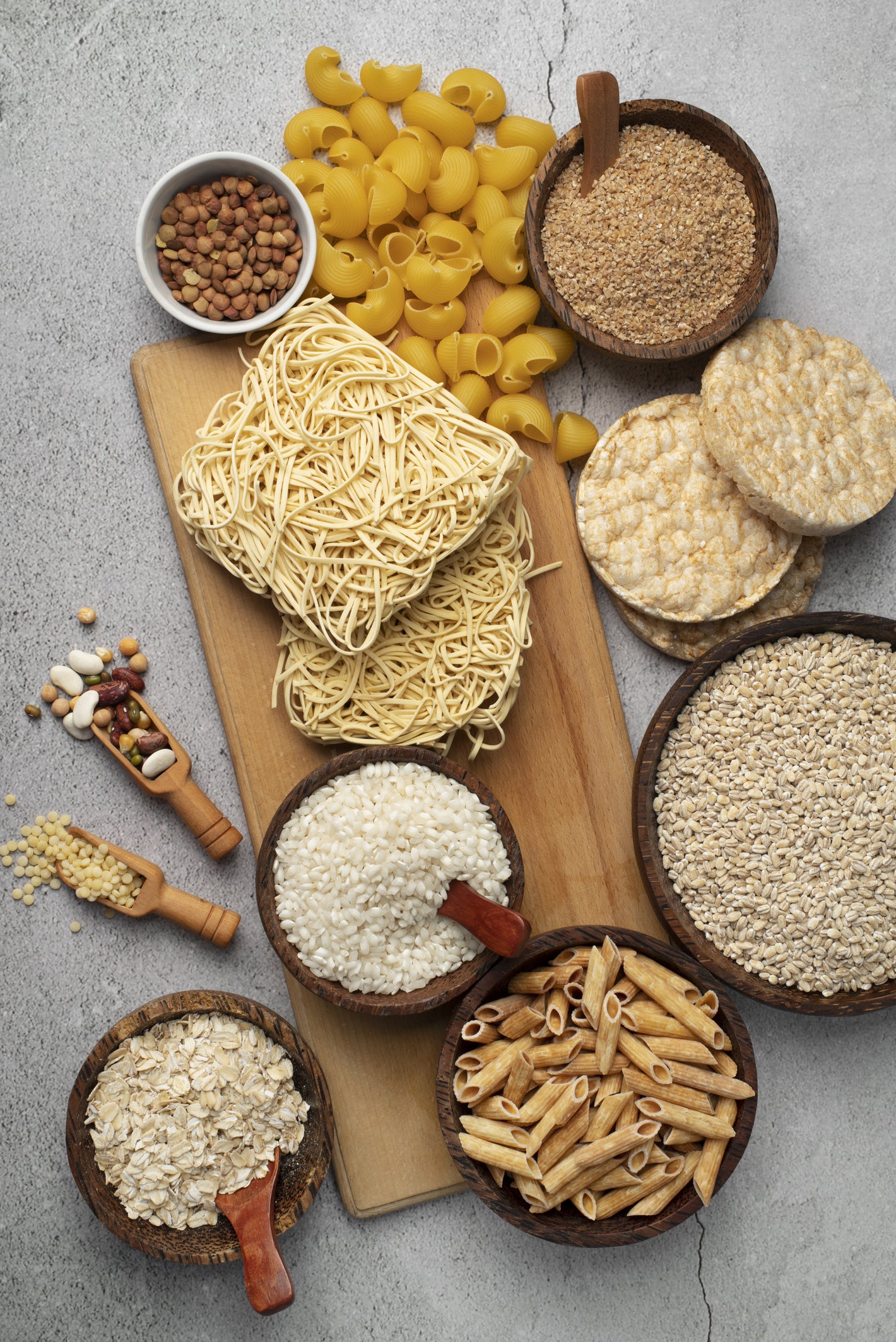
Related products

However, if a person is perfectly healthy and there are no other signs, the solution is often available on the shelves of grocery stores. This home remedy is dietary fibre.

Hundreds of plant and animal-based fibre-rich products help relieve constipation naturally. This article explains everything about dietary fibre, what it is, what different types of dietary fibre are, which is the best to take to relieve constipation and how much dietary fibre is necessary.
A handpicked collection of fibre supplements available at Welzo is mentioned at the end for better selection.
What is dietary fibre?
Dietary fibre is an edible and indigestible part of the plant-sourced carbohydrates. It is present in all plant-based foods, e.g., legumes, nuts, seeds, grains, green vegetables and fruits. A fibrous material called chitin is found in the shells of crustacean animals, e.g., lobster, shrimp and crab.
It absorbs a lot of water, adds bulk to the stools and speeds up the flow of materials in the digestive tract. Besides better digestive health, it offers various health benefits, e.g., lower cholesterol levels, regulate blood pressure and help in weight management by promoting a feeling of fullness.
Soluble and insoluble fibre
The names convey their meanings. The soluble fibre readily dissolves in water to create a gel-like material that reduces cholesterol levels by lowering its absorption in the intestines. This type of fibre is present in apples, oranges, beans, barley, rye, oats, chia seeds, flaxseeds and psyllium seeds.
The insoluble fibre doesn't dissolve in water and remains intact during passage through the digestive system. It is helpful to ease or prevent constipation. It causes more filling with fewer calories and thus is a blessing for the weight loss aspirants. This type of fibre is present in brown rice, wheat bran, wheat, seeds, nuts, carrots and celery.
Some foods contain both types of fibre, e.g., whole grains, legumes, vegetables, nuts, seeds and fruits and are excellent natural laxatives.

Daily fibre intake
According to the British Heart Foundation, the daily fibre intake for adults must be 30g. The average fibre intake in the UK is just 20g. The exact requirement depends on age and health status. The British Nutrition Foundation’s guidelines for different age groups are;
|
Age (years) |
Recommended daily intake |
|
2-5 |
15g |
|
5-11 |
20g |
|
11-16 |
25g |
|
17 and above |
30g |
Note: These values are calculated on a 2000-calorie diet. The exact values depend upon daily caloric needs.
Consuming 1.5-2.5 cups of mixed fruits and 2-4 cups of mixed vegetables is enough to meet these requirements. Suddenly, taking too much fibre results in abdominal discomfort, gas and cramps, and it is critical to add fibre gradually.
Fibre supplements
If a person can't eat enough fibre for any reason, fibre supplements are there to help. These supplements contain methylcellulose, bran, calcium polycarbophil, wheat dextrin, psyllium husk, inulin, and glucomannan. Each serving provides enough fibre to meet RDI.
Keep in mind that fibre needs water to work. Drink plenty of water to facilitate the movement of digestive contents out of the colon. Some people experience bloating and gas. There is no need to worry as these signs go away as the body adjusts to high fibre.
The best fibre supplements available in the market are;
Fybogel Mebeverine (fibre chews, laxative sachets)
Price & availability: Check price of various Fybogel products at Welzo
Packing size: 10 sachets
Type of fibre: Ispaghula (psyllium) husk (a good source of soluble fibre)
Daily serving: One sachet daily
Fibre per serving: Ispaghula husk: 3.5g, mebeverine hydrochloride: 135mg
Usage: 1 sachet in 150ml of water
User reviews: 5/ 5 (based on 14 reviews at Welzo)

Fybogel Mebeverine contains 3.5g of Ispaghula husk, a rich source of dietary fibre and mebeverine hydrochloride, an antispasmodic medication that relieves the symptoms associated with irritable bowel syndrome (IBS), e.g., abdominal pain, cramping, bloating, and discomfort. The fibre promotes efficient digestion and gently relieves constipation naturally.
It works harmoniously with the body and alleviates constipation without straining or discomfort. Fybogel is suitable for addressing constipation during pregnancy and maintaining normal bowel function, especially for individuals with haemorrhoids. Don't wait any longer to support your gut health. Incorporate Fybogel Mebeverine into your daily routine and feel the difference.
Ensure Plus Fibre
Price & availability: £4.01 (buy Ensure Plus Fibre at Welzo)
Packing size: Bottle
Type of fibre: Fructooligosaccharides (FOS) (a soluble fibre)
Daily serving: Ready to drink sip
Fibre per serving: 2.5g fructooligosaccharides per 200ml bottle
Usage: Shake well before use, follow the manufacturer’s guidelines
User reviews: 4.5/ 5 (based on 62 reviews at Welzo)

Ensure Plus Fibre is a ready-to-drink oral nutritional supplement designed for individuals with, or at risk of developing, disease-related malnutrition. With a calorie content of 1.6 kcal/ml, it comes in a milkshake style and contains a blend of energy, proteins, minerals, fibre ( fructo-oligosaccharides (FOS), vitamins and amino acids. These components play a crucial role in supporting gastrointestinal function.
Available in various flavours such as banana, chocolate, raspberry, strawberry, and vanilla, it is conveniently packaged in a 200 ml bottle with a peel-off seal for easy pouring. Say goodbye to digestive discomfort and hello to a happier gut with Ensure Plus Fibre.
YourFIBRE Ispaghula Husk
Price & availability: £5.40 (buy YourFIBRE Ispaghula Husk at Welzo)
Packing size: 30 sachets
Type of fibre: Ispaghula (psyllium) husk (a good source of soluble fibre)
Daily serving: 1 sachet
Fibre per serving: 3.5g psyllium husk (2.5g fibre)
Usage: Dissolve 1 sachet in 150ml of water and drink
User reviews: 4.46/ 5 (based on 30 reviews at Welzo)
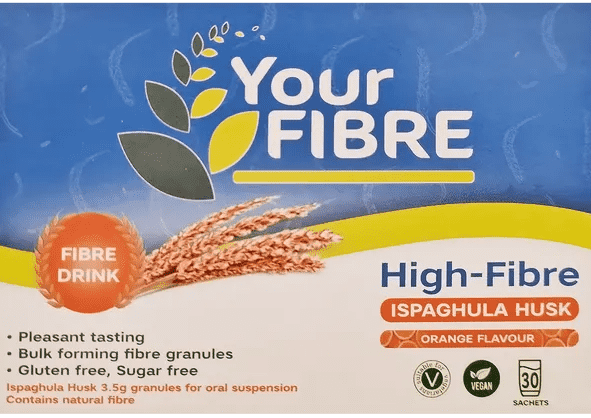
YourFibre is an orange-flavoured food supplement with water-soluble fibre. Dissolve one sachet in water and drink immediately, followed by another glass of water. Take one to three times daily for adults and children over 12. Avoid being on medication for an hour, and discontinue use if adverse reactions occur. It Contains pregelatinized starch, citric acid, natural flavouring, aspartame, and irradiated ispaghula husk. Each sachet provides 2.6 grams of fibre.
Transform your approach to wellness with the natural benefits of YourFibre. Order today and embark on a journey towards optimal digestion.
HealthAid Psyllium Husk (1000mg)
Price & availability: £9.47 (buy HealthAid Psyllium Husk at Welzo)
Packing size: 60 vegicaps
Type of fibre: Psyllium Husk (Plantago Ovata) 1000mg
Daily serving: 1 to 3 capsules daily depending upon health status, age and dietary needs
Fibre per serving: 750-800 mg dietary fibre per capsule
Usage: Take 1-2 capsules with a glass of water, 2-3 times daily
User reviews: 5/ 5 (based on 60 reviews at Welzo)
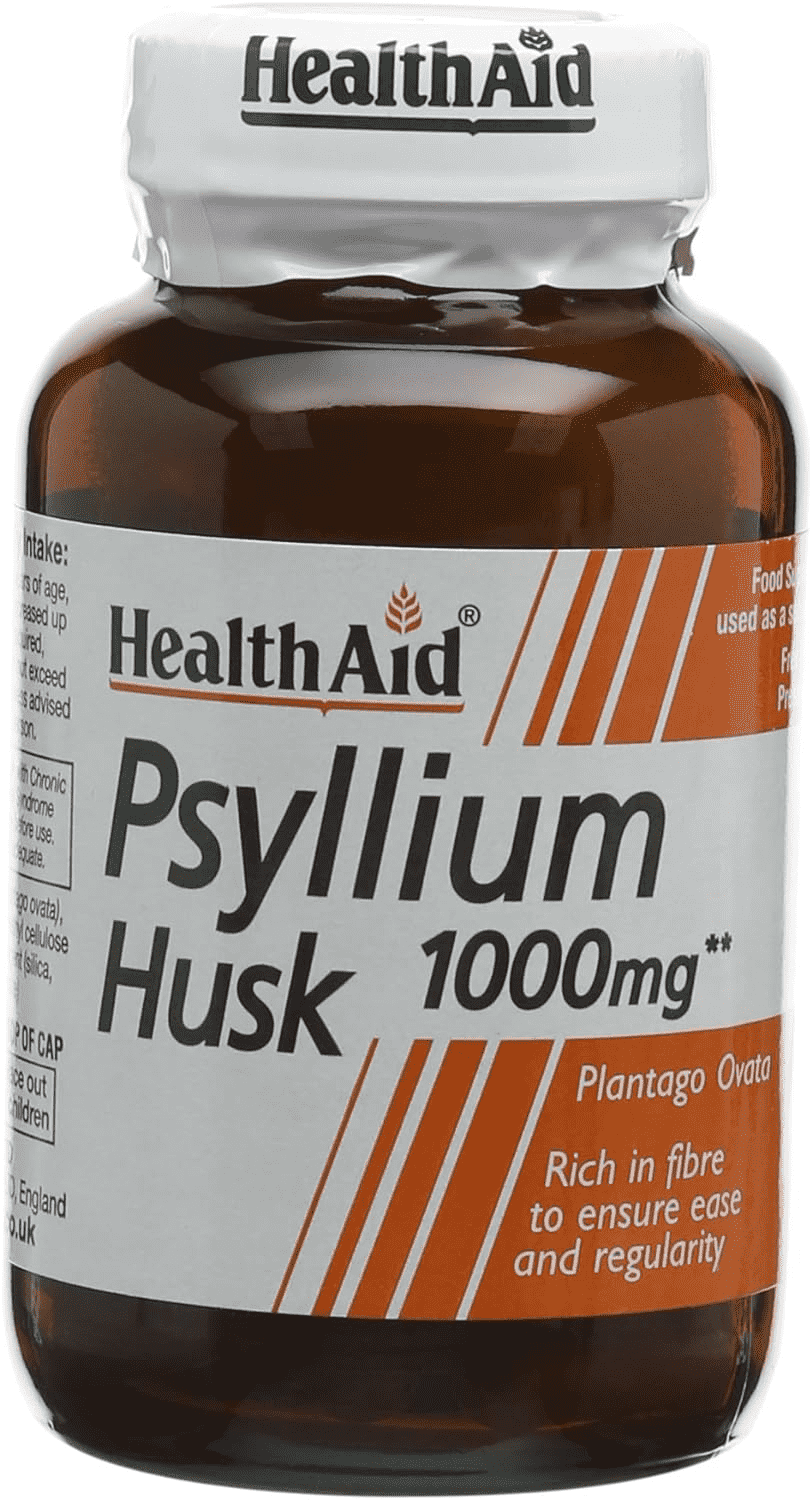
HealthAid Psyllium Husk 1000mg Vegicaps are supplements sourced from Plantago ovata seeds, high in soluble fibre to enhance digestive health. Take 1-2 capsules with water before meals, up to three times daily. Avoid exceeding the recommended dosage. Maintain hydration and consider adding psyllium husk to food or drinks for increased fibre intake. Store in a cool, dry place and discontinue use if adverse reactions arise.
Take charge of your digestive health journey today. Try HealthAid Psyllium Husk risk-free and discover the difference it can make in your life.
Fybogel Hi-Fibre Ispaghula Husk
Price & availability: £5.12 (buy Fybogel Hi-Fibre Ispaghula Husk at Welzo)
Packing size: 30 sachets
Type of fibre: Psyllium husk
Daily serving: 1-3 sachets with a full glass of water
Fibre per serving: 3.5g ispaghula husk (2.5g fibre)
Usage: Use 1-3 sachets with a full glass of water
User reviews: 4.5/ 5 (based on 100 reviews at Welzo)

Fybogel Hi-Fibre Orange Flavoured Laxative Sachets are designed as dietary supplements to support digestive health through the provision of soluble fibre. With a refreshing orange flavour, these sachets are meant to be mixed with water, creating a drink that aids in regulating bowel movements. The recommended dosage is one sachet per day unless otherwise directed by your healthcare provider; it's important not to exceed this recommendation.
To use, pour the contents of the sachet into a glass of water, stir until fully dissolved, and consume immediately. It's advised to repeat this process daily, following the guidelines provided by your healthcare provider.
Ready to feel lighter, more energised, and revitalised? Choose Fybogel Hi-Fibre Orange Flavoured Laxative Sachets and make your gut health a priority.
To learn about more fibre supplements, visit our information page titled, ‘What are the Best Fibre Supplements?’
Pharma Nord Bio-Fiber tablets
Price & availability: £7.17 (buy Pharma Nord Bio-Fiber capsules at Welzo)
Packing size: 120 tablets
Type of fibre: Vegetable fibre from citrus peels and sugar beets
Daily serving: 4-12 tablets
Fibre per serving: 750-800 mg dietary fibre per capsule
Usage: Take 4-12 tablets regularly with water
User reviews: 4/ 5 (based on 76 reviews at Welzo)
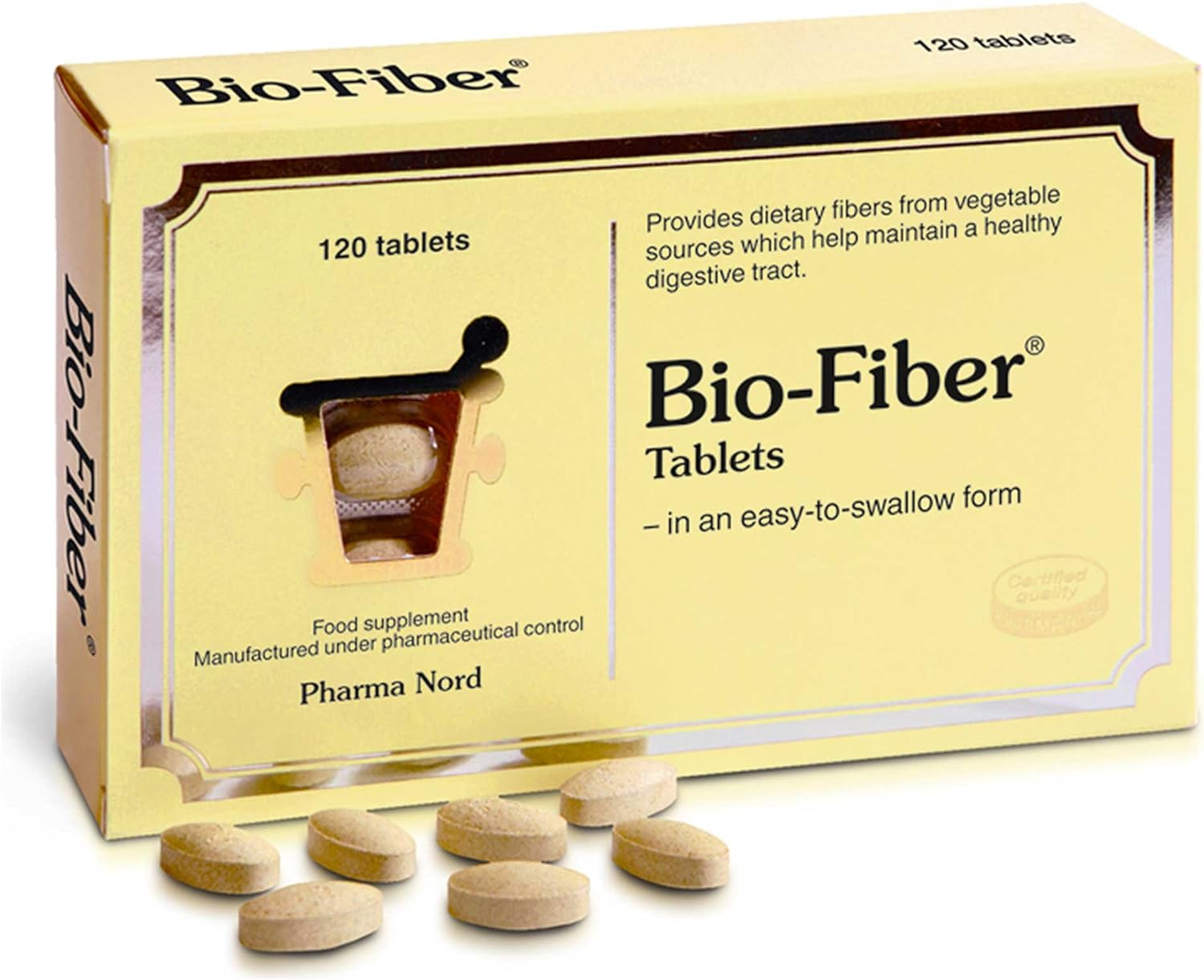
Pharma Nord's Fibre supplements offer a comprehensive solution to the modern diet's fibre deficiencies. With a unique blend sourced from lemon peel and sugar beet, it provides approximately 70% of both soluble and insoluble fibre. This formula supports regular bowel movements and overall digestive health, thanks to the inclusion of sugar beet. Experience the convenience and benefits of Bio-Fiber in easy-to-use 120 capsule form, designed to bridge the dietary fibre gap effectively.
Don't settle for anything less than optimal digestive health. Invest in Pharma Nord's Fibre supplements now and nourish your body from the inside out.
Fibre-rich foods to consider
The fibre rich foods are instrumental in the treatment and prevention of constipation. The fibrous compounds in these foods, e.g., inulin, fructooligosaccharides (FOS), galactooligosaccharides (GOS), starch, pectin and beta-glucans serve as prebiotics and boost the growth of beneficial bacteria in the digestive tract. Some essential foods are;
- Legumes: Beans, lentils, chickpeas, and peas.
- Whole grains: oats, quinoa, barley, brown rice, and whole wheat products such as bread and pasta
- Nuts and seeds: Almonds, chia seeds, flaxseeds, popcorn, and pumpkin seeds
- Fruits: Avocado, prunes, raspberries, blackberries, and strawberries
Add plenty of these foods to your regular diet for optimum digestive health.
Frequently Asked Questions
Which dietary fibre is the best for regular consumption to treat chronic constipation?
The best type of dietary fibre for chronic constipation is psyllium husk derived from the seeds of the Plantago ovata plant. It contains both soluble and insoluble fibre. The research shows that regularly taking at least 10g of psyllium husk reduces the straining and increases the frequency of stools.
Which fibre is the best to soften the stools?
Insoluble fibre is the best when it comes to softening the stools. It doesn't dissolve in water and allows the food to pass quickly through the digestive system. The rich sources of insoluble fibre are potatoes, green beans, cauliflower, nuts, whole grains, legumes, nuts, seeds and whole-wheat flour.
Is taking too much fibre helpful in constipation?
It is necessary to practise moderation while using fibre, as excessive use causes side effects. The consequences of excessive intake of fibre are constipation, gas and bloating. Consuming more than 25-30g of dietary fibre is not recommended without consulting the doctor.
How to increase the frequency of bowel movements naturally and quickly?
Various natural laxatives that increase the frequency of stools are chia seeds, berries, nuts, seeds and legumes, e.g., peanuts, peas, lentils, chickpeas and beans. The chia seeds are fibre-rich (about 9.75g per ounce). Berries contain both the soluble and insoluble types of fibre.
What are the home remedies for constipation?
Various home remedies promise to treat and prevent constipation. The best options are adding more vegetables and fruits to the diet, drinking plenty of water, regularly exercising, using osmotic and stimulant laxatives and seeking medical assistance in case of severe signs.
Does yoghurt treat constipation?
The yoghurt contains probiotic bacterial strains that aid in digestion and help soften the stools by promoting the growth of beneficial bacteria. Many dietary supplements contain similar probiotic bacterial strains and help treat constipation.

Bottom-line
Dietary fibre is an ally in the fight against constipation. It offers an effective, natural and safe relief from straining. The fruits, vegetables and seeds contain enough dietary fibre to meet regular needs.
Fibre supplements are necessary in some situations. However, as the individual doses vary, consultation with the healthcare provider or dietician is critical for personalised advice for a balanced diet and better well-being.
Many fibre supplements contain Inulins. Visit the Welzo information page to learn about the usage, dosage guidelines, side effects and interactions of Inulins.








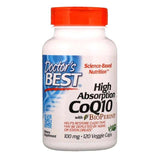

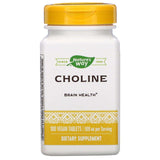



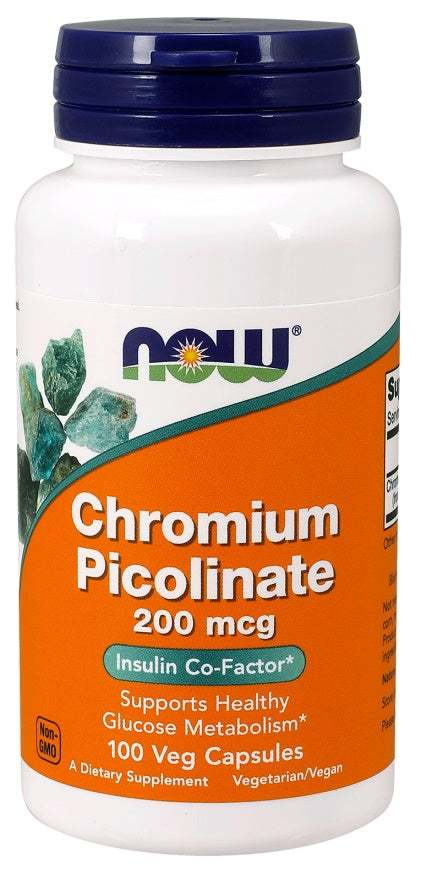

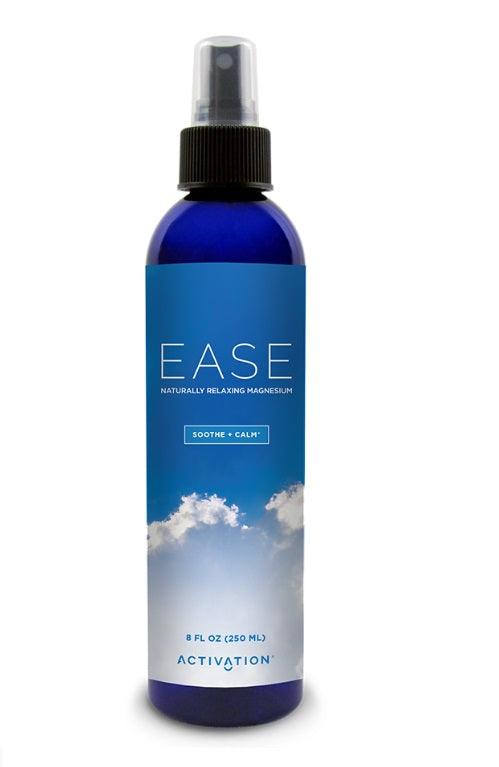


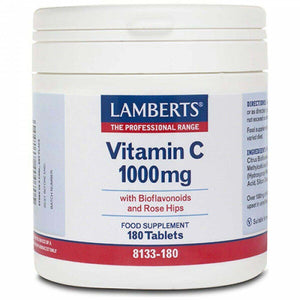



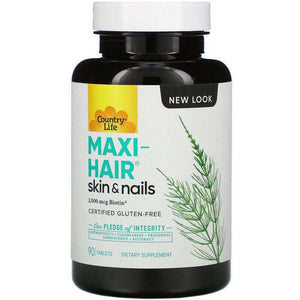

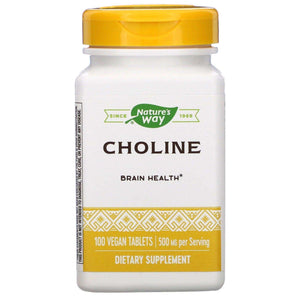





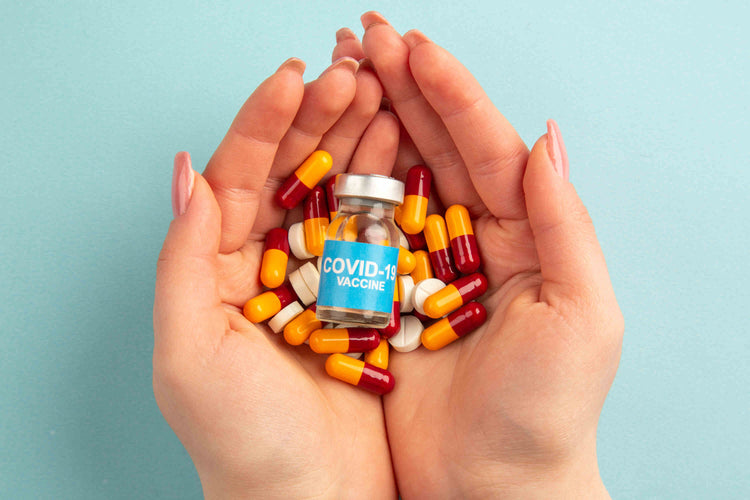




 Rated Excellent by 26,523+ Reviews
Rated Excellent by 26,523+ Reviews